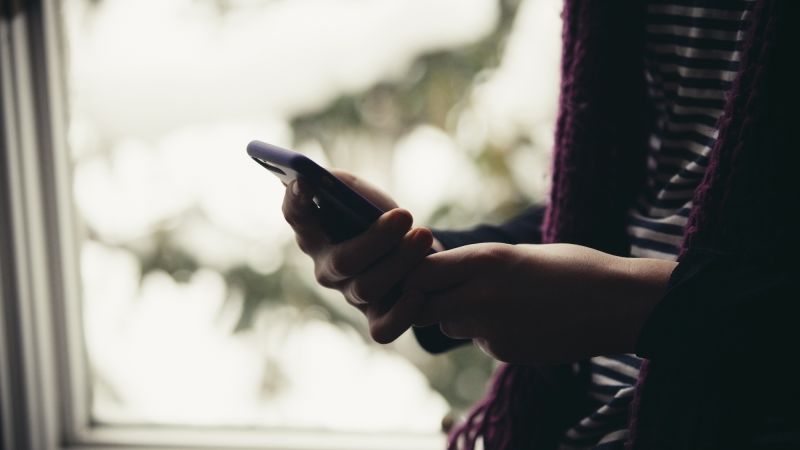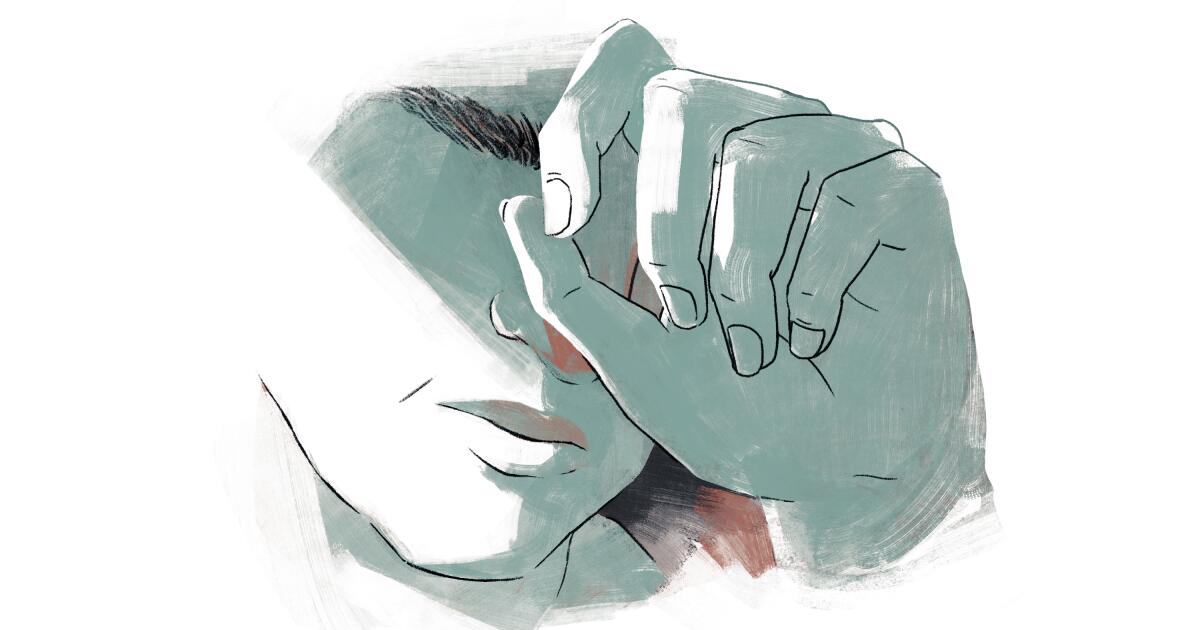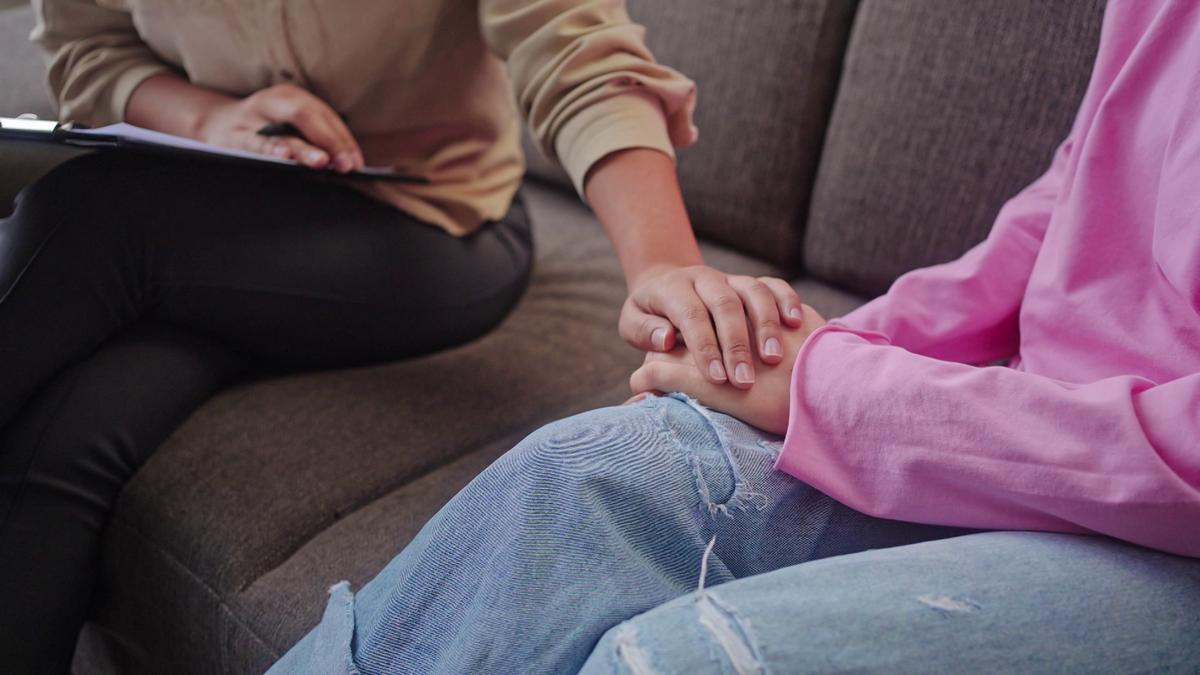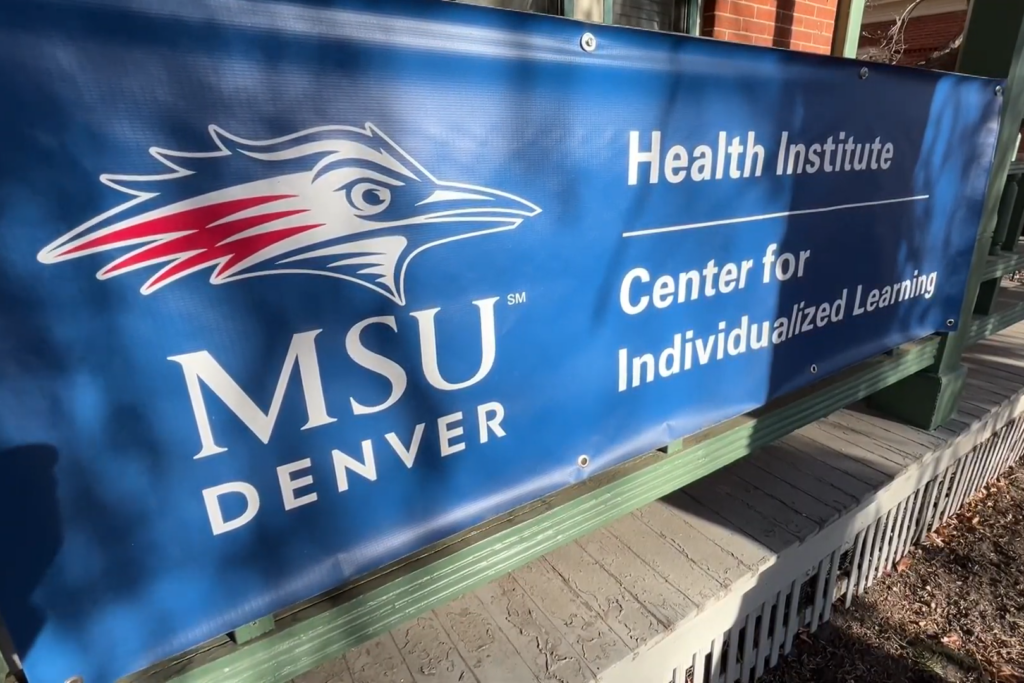How teenagers see the impact of social media on their mental health

Note from editors:If you or someone you know is struggling with suicidal thoughts or mental health issues, please call the 988 Suicide & Crisis Lifeline by calling 988 to be connected to a trained counselor or visit988 Lifeline website.
CNN
–
A new report details the role social media plays in young people’s lives and how they manage the various pros and cons, including in the context of being a person of color or LGBTQ+, or with depression.
These benefits and drawbacks include valuing online platforms for social connection, self-expression and information, while also feeling the overwhelming impact of social media’s effects on their attention span, trust and satisfaction, according to a report released Tuesday by Common Sense Media and Hopelab. social innovation lab and impact investor aiming to support youth well-being.
READ MORE: How to tell if you have phone addiction and 12 ways to treat it
Most conversations and headlines about social media and youth mental (health) focus only on the harms, portraying young people as passive consumers. This research shows it’s much more complex, Amy Green, head of research at Hopelab, said in a press release. If we really want to improve the well-being of young people, we need to listen to their experiences and ensure that we do not inadvertently remove access to essential positive benefits.
Also driving the research is the national youth mental health crisis, the authors said, characterized by rising rates of mental disorders, such as anxiety and depression, suicidal thoughts and attempts, and antidepressant medications prescribed to young people. . In conversations about these phenomena, social media has consistently been at the center, although mental health issues can have multiple contributing factors.
Conducted by NORC, formerly the National Opinion Research Center at the University of Chicago, the research included 1,274 teenagers (ages 14 to 17) and young adults (ages 18 to 22) recruited online between October and November 2023. Youth provided guidance and input on survey content and participated in focus groups and interviews to help the research team prioritize and interpret the results, according to a press release. The report is the third in a series tracking the impact of social media on young people’s wellbeing.
The researchers found that the rate of depressive symptoms among young people is about 10% less than pandemic highs, but is still high and comparable to the elevated levels of 2018. Nearly half of young people reported experiencing some severity depression and nearly a third (28%) said they had moderate to severe symptoms.
Additionally, about half of LGBTQ+ youth reported moderate to severe symptoms of depression, compared to nearly a quarter of their non-LGBTQ+ peers.
Those with depression were more sensitive to social comparison and pressure to show their best selves on social media. But they were also more likely to find resources to support their well-being and to curate their resources to that end by selecting an opt-out button for content they didn’t like, flagging inappropriate or offensive content, or blocking someone whose content bothered them. These young people also positively curated feeds by liking and spending more time on the content they liked, as many social media algorithms work by giving you more content based on your level of engagement with certain topics.
This was especially important for LGBTQ+ youth who, along with Black and Latino youth, faced more exposure to online harassment and stress.
In focus groups, young black men told us that their experiences with personal harassment lowered their tolerance for similar behavior on social media and meant they were more willing to give up benefits to protect themselves from comments. of hate, said lead researcher Amanda Lenhart, head. of research on Common Sense Media, via email.
The findings confirm what many researchers have seen scientifically and anecdotally, said Dr. Mitch Prinstein, chief science officer at the American Psychological Association, via email. Prinstein was not involved in the study.
Social media and mental health
Many participants also revealed the positives they gain from social media, citing online platforms as a place to seek support and advice; decompress; connect with loved ones and others who share their experiences, interests or identities; stay informed; and follow up with their favorite influencers or content creators.
Another important finding is the importance of social media as a space of connection, creativity and professional opportunity for young people of color, Lenhart said.
Dr. Douglas Gentile, distinguished professor of psychology at Iowa State University, encouraged caution in interpreting (self-reported) data like these, he said via email.
People are surprisingly bad at knowing what the effects of media use are on themselves, added Gentile, who was not involved in the research. I don’t mean that anyone is lying. It’s just that we only see small parts of the media’s influence on us.
Almost a quarter of participants reported using social media almost constantly throughout the day, a 7% increase from the rate the authors found in their 2018 report, the authors found. Many youth reported an inability to control their use, distracting social media from other activities, and unconsciously turning to social media when bored. To counter these behaviors, in addition to adjusting their resources, many have taken social media breaks to avoid temptation or permanently deleted their accounts.
Social media could provide (more) benefits to young people if it was designed with a primary focus on the well-being of young people rather than a focus on keeping children engaged as long as possible to benefit from the data theirs, Prinstein said.
While or after using social media, try doing an emotional check, Lenhart said. Ask yourself, how do I feel right now? Did I see anything that made me feel sad?
Taking a temporary or permanent break from the content that causes the most distress can be helpful, Lenhart added, especially if you’re already struggling with depression.
If you’re a parent or guardian wondering how to best manage your teen’s social media use, one of the most important things you can do is keep the channels of communication open, Lenhart said.
Parental involvement is important, as young people have expressed regret that their parents allowed them to use social media so young, wishing they could go back and tell their parents not to give in to their demands, Prinstein said. .
Ask the teens in your life what they like about these platforms and what kinds of connections or activities support their mental health, Lenhart said. Let them know you’re there to help find a solution if social media is bothering them or interfering with other responsibilities.
Respect that each young person is an expert in their own lived experience, Lenhart said. Young people are valuable teachers in their own right.
#teenagers #impact #social #media #mental #health
Image Source : www.cnn.com




